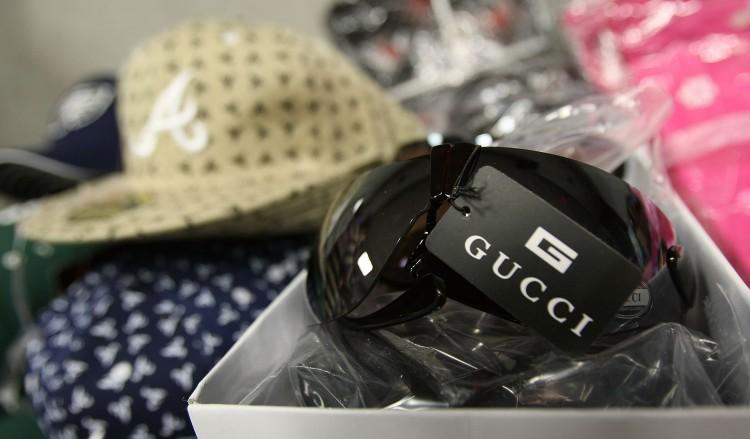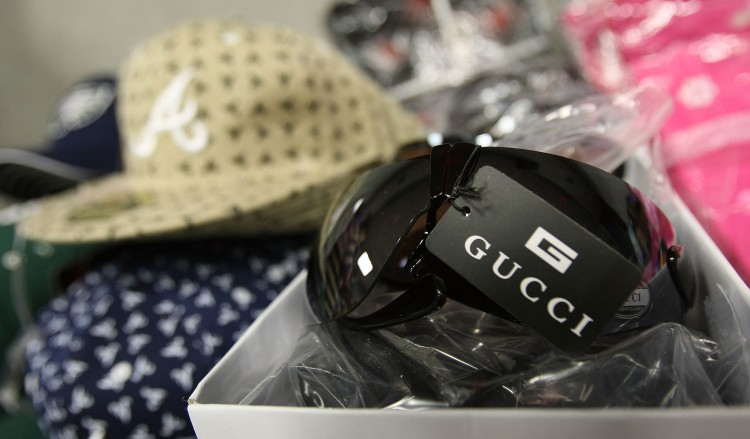While the majority of Canadians don’t agree with purchasing counterfeit products, less than half are confident that they can identify fake goods this holiday season, according to a survey commissioned by Microsoft Canada.
Holiday Shopping: Canadians May Be Vulnerable to Counterfeits
Less than half of Canadians are confident that they can identify fake goods this holiday season, finds a new survey.
|Updated:






